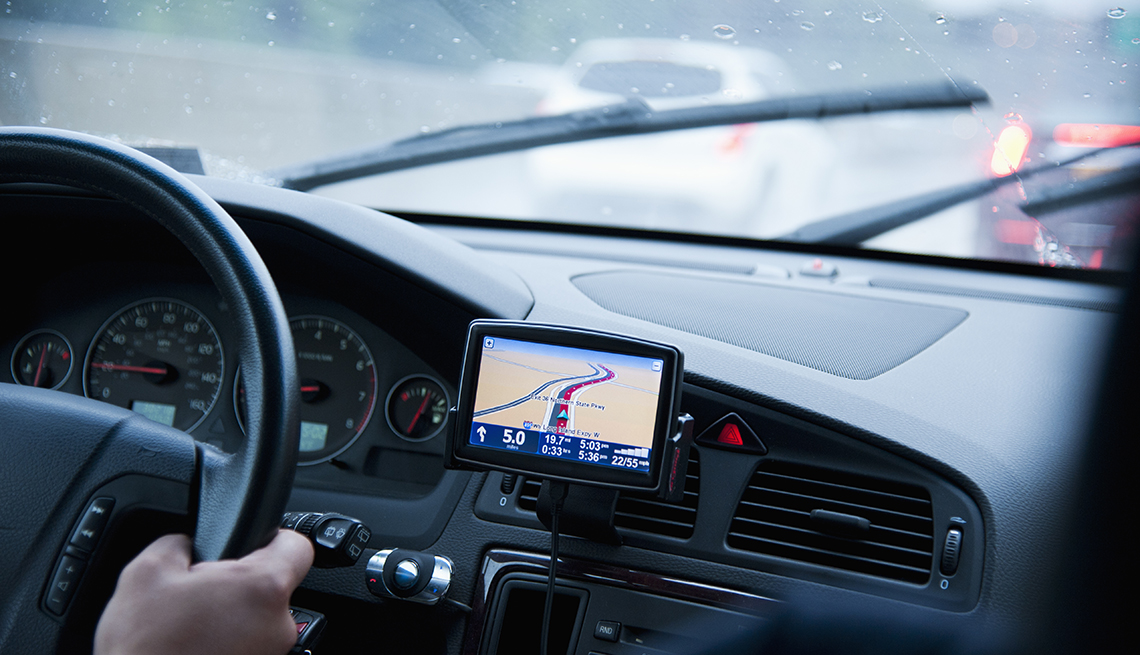
4 reasons it might be dangerous to rely on your car’s technology
- Select a language for the TTS:
- UK English Female
- UK English Male
- US English Female
- US English Male
- Australian Female
- Australian Male
- Language selected: (auto detect) - EN
Play all audios:

While ADAS work well in many circumstances, their effectiveness varies from vehicle to vehicle and from situation to situation. That’s why drivers should always treat technology as an aid,
not a crutch, says William Van Tassel, AAA’s manager of driver training programs. “It’s tempting to rely exclusively on technology, whether it’s lane-keeping assistance, the rear-view camera
or the blind spot warning systems, but there are limitations to those systems,” he warns. For example, a smudge of dirt or a drop of water on your rear-view camera could block the view, he
adds, or a sensor could break without notice. 2. MANY DRIVERS AREN’T FAMILIAR WITH THEIR CAR’S TECHNOLOGY OR HOW IT WORKS In a 2018 AAA study, 40 percent of respondents wrongly assumed that
their forward collision warning system would automatically engage the emergency braking, not realizing the car would alert them only with a light and would not apply the brakes. The study
also found that drivers mistakenly thought their car’s blind spot monitoring system could “see” everything, including cyclists and pedestrians, when it could only “recognize” fast-moving
cars. “It’s clear that people don’t have a very good understanding of the limitations of the systems,” Horrey says. “If you’re operating a system and you have expectations about what it will
do, and you get into a situation where that’s no longer the case, you could find yourself in trouble — not just in terms of recognizing that something is going wrong, but also having the
time to take back control of the vehicle and respond appropriately.” 3. DRIVERS CAN BECOME LAZY Whether it’s depending on your cruise control or blind spot detector, you may unconsciously
give yourself permission to daydream or not pay as much attention as you used to, creating a distracted driving situation, says Horrey. “As you interact with a system that does a pretty good
job most of the time, you begin to trust it and get more comfortable.” Horrey notes that a study done by the AAA Foundation with the Virginia Tech Transportation Institute found that
experienced drivers or long-term owners of vehicles with some of these technologies were “more likely to engage in secondary, distracting tasks while they were using the systems, compared to
a group that hadn’t really built up that rapport with the system.” 4. DRIVERS BECOME TOO RELIANT A 2021 study conducted by Aceable, an e-learning provider of driver education, concluded
that reliance on smart car technology could weaken driving and navigation skills. For example, 61 percent of study participants said their vehicle’s safety features made them feel
comfortable enough to briefly take their eyes off the road, while 58 percent said they rely on their car’s sensors and don’t check around their vehicle for pedestrians.
